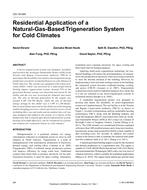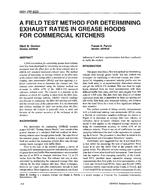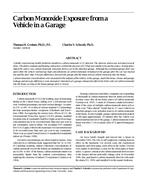This study investigates task-blind and task-specific training methods to determine appropriate radial basis functionbased neural network architectures. These neural nets identify system behavior of air-cooled chiller condensers by grouping dominant features (clustering) of measured chiller performance data. Task-specific clustering proved superior but more computationally demanding than task-blind methods in learning a difficult task of fan operation for an air-cooled chiller. Seven measured variables were selected as relevant for the operation of two variable-speed and multiple fixed-speed condenser fans. All neural network architectures investigated successfully learned the functional seven-input/four-output mapping. Process control logic post-processes the noisy neural network control signal and evaluates operational and temporal constraints. The neurocontroller trained on the measured data set exhibits roughly similar performance compared to manufacturer-provided control, while offering reduced development time and efforts.
Units: Dual
Citation: ASHRAE Transactions, vol. 108, pt. 2
Product Details
- Published:
- 2002
- Number of Pages:
- 13
- File Size:
- 1 file , 930 KB
- Product Code(s):
- D-8851


